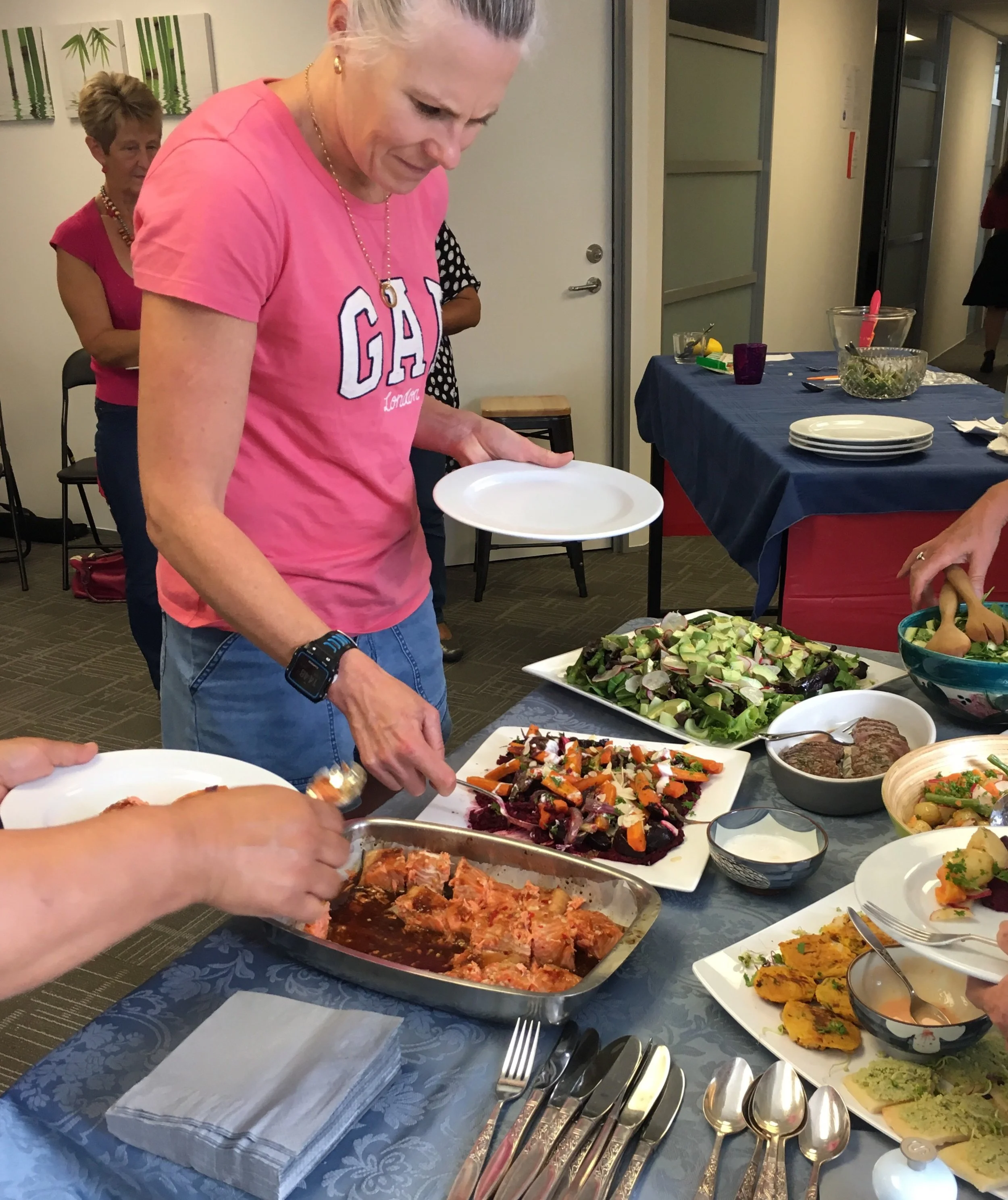Before we share with you Part 4 of our 'Many Doors to Wellbeing' series, Tanya has written this insightful blog post in anticipation of our upcoming Forum on Positive Psychology and Rehabilitation on 29 April at 1pm.
It is said that to truly enable rehabilitation then all factors of a person must be addressed, and this is particularly true of those with chronic conditions or injuries. Wellbeing is a goal we all strive for, but sometimes when we have an impairment it is assumed we can’t achieve this.
One could be fooled into thinking rehabilitation is just about ‘fixing’ the causes or symptoms of a condition or injury. Over the years the medical model has had a tendency to look at what is wrong and how to fix it!
Modern rehabilitation is a biopsychosocial model that focuses on all aspects of a person’s life — not just the impairment. By using this type of strengths-based model, the focus becomes what is right and how to increase it!
One of the core strengths of rehabilitation is that it does not see the experience of disability as in any way negating an individual’s assets, or indeed developing new assets. A persons’ assets, or personal resources, are both tangible and psychological, ranging from skills, qualities, interests, values and relationships to one’s material assets.
Positive psychology is a strengths-based, psychological science, involving the study of factors associated with human thriving or a life worth living, otherwise known as wellbeing. In the context of rehabilitation, applying the science of positive psychology, facilitates optimal functioning, resulting in wellbeing.
What is Wellbeing?
It is suggested that happiness is a positive emotion and mood (feeling) state, that tends to be over-emphasized. To be truly happy, non-feeling states are equally as important as feeling states, so the more appropriate concept might be that of ‘wellbeing’.
According to Seligman’s model, wellbeing has five elements;
Positive Emotion
Engagement
Relationships
Meaning
Accomplishment
An explanation of each of these elements will be covered at the Forum on 29 April.
Flourishing
Life satisfaction incorporates positive emotion, engagement and meaning; three of the five elements of wellbeing. When you add the other two elements — positive relationships and accomplishment —flourishing occurs, which is functioning at the high end of the mental health continuum.
The World Health Organisation has referred to flourishing as a “state of wellbeing in which the individual realizes his or her own abilities, can cope with the normal stresses of life, can work productively and fruitfully, and is able to make a contribution to his or her community”.
We hope this will whet your appetite and will prompt you to join us at our interactive forum on the 29th April, at 1pm. We will talk about positive psychology in terms of rehabilitation, post traumatic growth as opposed to post traumatic stress, and statements such as, ‘a disabled person can still have wellbeing’.
Of course, we hope you will bring some topics to the table as that’s what this forum is all about — helping our Body of Work clients achieve wellbeing.
























